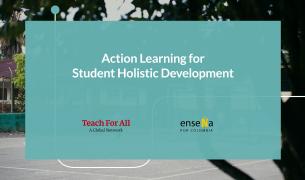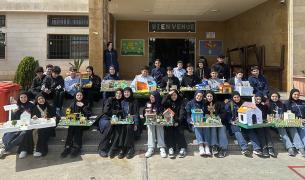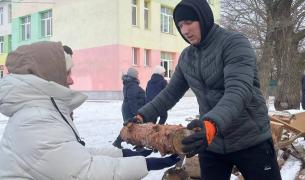Building bridges: Multi-stakeholder collaboration in shaping future careers
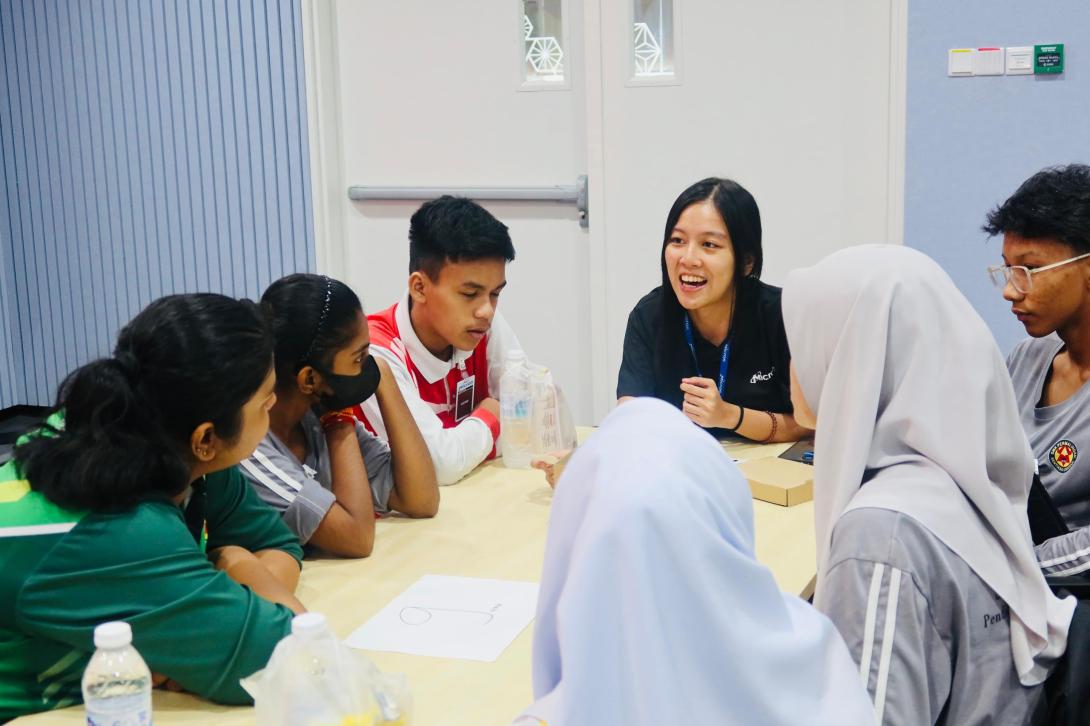
In today's fast-paced world, where technological advancements rapidly reshape the job market, the need to prepare students for the future of work is more critical than ever. To address this, Teach For All has launched the Future of Work initiative, a global collaborative effort dedicated to equipping students—especially those in underserved communities—with the mindsets, skills, and connections they need to grow as leaders and thrive in their future careers.
Teach For All's Future of Work initiative spans 39 countries and partners with 10 global employers, extending its reach to 63 countries. The initiative focuses on three key areas: supporting teachers, connecting educators and students with industry resources, and disseminating solutions for system-level impact. Through this comprehensive approach, we strive to ensure that all students have access to the education and support they need to navigate and lead in the future world of work.
Multi-stakeholder collaboration in action
At the heart of the initiative’s success is the power of multi-stakeholder collaboration, which is central to all three key areas mentioned above, especially in facilitating school-industry partnerships. One such example is the global partnership between Teach For All and the Micron Foundation, which spans three countries: India, Malaysia, and Italy. At the country and community levels, this partnership is exemplified by the collaboration between Teach For Malaysia and Micron’s Malaysia office. This local partnership leverages the resources and expertise of both organizations to benefit local communities and schools.
A collaborative approach to bridging education and industry
Recently, Teach For Malaysia and Micronvolunteers joined forces to organize events at Permai Indah Secondary School in Bukit Mertajam. This collaboration is rooted in a localized approach to addressing educational and career-related challenges, focusing on providing mentorship to students and aiming to enhance their career readiness while offering practical insights into various professions through their collective efforts.
The events began with a virtual onboarding session for Micron volunteers, during which they were briefed on Teach For Malaysia's vision, the objectives of the program, and strategies for building relationships with students. The onboarding session also covered information on the challenges faced by students, mindset preparation, strategies for building relationships, child protection protocols, and mentors’ roles and responsibilities.
Equipped with their experience, passion for supporting students, and the insights gained from the onboarding session, 29 mentors from Micron participated in their first engagement at the school on March 26th, alongside 51 students. The day kicked off with an address by Mr. Vellu, Micron Technology’s Human Resource Director, which introduced the students to the big ideas around the future of work as well as giving them some background on their mentors. The introductory sessions also included ice-breaker activities and discussions on industry needs and career development.
The next day, students had the opportunity to visit the Micron facility in Batu Kawan. This site visit offered students invaluable insights into the daily operations of a real workplace, inspiring them to envision future careers as engineers creating technology to enhance people's lives and improve the world. Following the tour, students engaged in reflective discussions with their mentors, to help them refine their career goals based on these newfound perspectives.
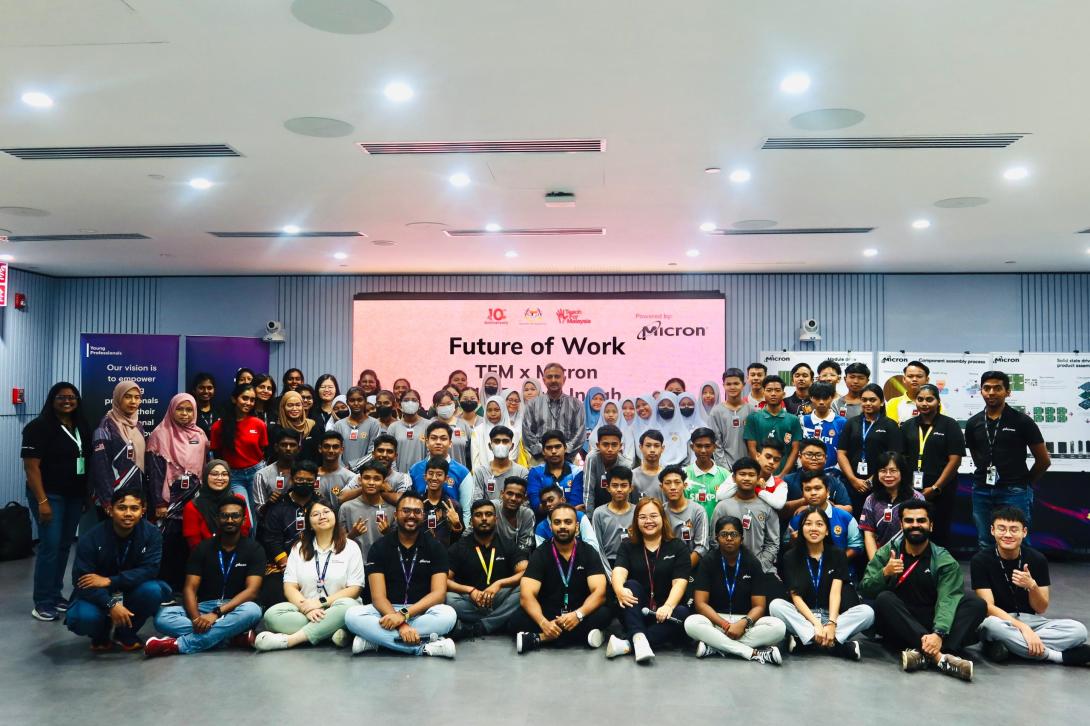
In their reflections, students highlighted four key aspects of their learning journey: gaining career awareness, developing interpersonal skills, enhancing self-development, and setting goals. They appreciated the opportunities provided by the partnership, feeling a strong connection to their mentors, whom they viewed as role models. They also valued the support from mentors outside their school environment, recognizing its significance in shaping their educational path and extending its impact beyond the classroom.
Looking ahead to future program development
The students expressed curiosity about the future development of the program, especially their desire for sustained connections with mentors to support them throughout their high school journey. This feedback has motivated Teach For Malaysia to begin exploring avenues for expanding the program, introducing new ideas, and enhancing existing corporate partnerships.
The success of these engagements highlights the transformative impact of multi-stakeholder collaboration in preparing students for the future of work. By bringing together educators, industry partners, and communities, the Future of Work Initiative provides ways to bridge the gap between classroom learning and real-world experiences. Through strategic corporate partnerships like the one we have with Micron, students gain access to mentorship and experiential learning opportunities and also acquire valuable insights into diverse industries.
While these collaborations benefit students, they also foster a robust sense of community involvement in education. They enhance students' educational experiences and personal growth, while also developing the collective leadership of educators, corporate volunteers, communities, and industry partners—essential for nurturing the next generation of leaders who will thrive in future careers and shape a better world for all of us.
This partnership serves as a powerful example of how passionate individuals from diverse backgrounds, such as educators and professionals, can come together to support students in their journey toward future careers. Through these collaborations, students gain essential skills and knowledge that ignite their ambitions and strengthen their determination. By bringing together expertise, resources, and networks, we cultivate a culture of possibility, guaranteeing every student the vital support to pursue their aspirations, be prepared to thrive in future careers and contribute meaningfully to shaping a better future for themselves and for all of us.
